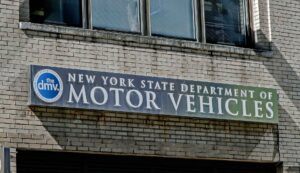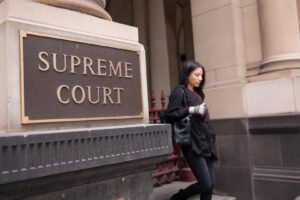Puerto Rico’s governor on recently declared a state of emergency at the U.S. territory’s highway authority, an effort to keep the agency functioning by directing revenues toward operational costs rather than debt payments.
The order from Governor Alejandro Garcia Padilla does not declare a moratorium on debt payments at the Puerto Rico Highways and Transportation Authority (PRHTA), which owes $2.2 billion in total debt.
Instead it restricts PRHTA from transferring toll revenues and other income to bondholders in favor of maintaining supply contracts and other operational costs. It also imposes a stay on lawsuits from bondholders.
Puerto Rico, hamstrung by a surge in emigration and a 45 percent poverty rate, faces $70 billion in total debt. Garcia Padilla previously declared a state of emergency at the Government Development Bank, Puerto Rico’s primary fiscal agent, before the bank defaulted on most of a $422 million debt payment earlier this month.
A law passed this April allows the governor to declare a state of emergency, as well as a moratorium on debt payments, at any agency as he sees fit.
The latest order followed a lawsuit from the company Ambac over PRHTA’s granting of a lease extension for the operation of two toll roads. Ambac, which insures some PRHTA debt, alleged that the extension could wrongly divert $115 million out of PRHTA’s estate. Ambac sought a receiver for the highway authority’s operations.
“With this order, the administration … reaffirms its position to prioritize the continuation of essential services to its citizens,” Garcia Padilla said in a Spanish-language statement.
Puerto Rico’s economic future is a key focal point in municipal debt markets and in Washington, where federal lawmakers are debating how to address the island’s crisis before July 1, when it faces a $1.9 billion debt payment that Garcia Padilla has said it cannot afford to make.
The Obama administration has called on Congress to legislate a mechanism for Puerto Rico to restructure its debt, while putting the island’s finances under federal oversight.
The Republican-led House Natural Resources Committee has crafted a bill aimed at achieving those goals, but it has stalled.





